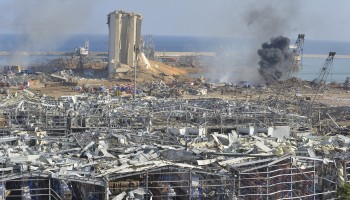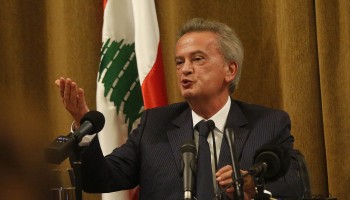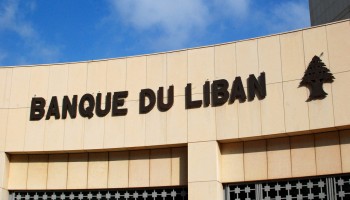Reported by
As Lebanon’s Parliament resumes debate on a new media law, rights groups are urging lawmakers to ensure the legislation protects, rather than curbs, freedom of expression.
In a joint statement Tuesday, 14 Lebanese and international organizations called for the decriminalization of defamation, blasphemy and criticism of public officials; a ban on pretrial detention for speech-related offenses; and the removal of restrictions on establishing media outlets.
The law under debate has been in the drafting process since 2023, though a proposal to amend Lebanon’s outdated Publications Law was first submitted in 2010 by a former MP and the Beirut-based Maharat Foundation. A final version of the draft was referred to the Administration and Justice Committee in May 2025, and discussions have been ongoing since July.
But rights groups say the current draft would roll back earlier progress. The amendments they reviewed would reintroduce pretrial detention “under aggravated circumstances, such as infringing on individuals’ dignity or private lives,” wording they warn is vague enough to allow arbitrary arrests and encourage self-censorship.
Under Lebanon’s current media laws, pretrial detention is banned for media-related offenses and applies only to crimes punishable by more than one year in prison—a safeguard rights groups say the new draft would undo.
Diana Moukalled, a Lebanese journalist and co-founder of Daraj Media—an OCCRP partner—told OCCRP the “core worry is that the proposed amendments would reverse earlier progress on protecting free expression” by bringing back pretrial detention for media offenses under vague “aggravated circumstances.” “This opens the door to arbitrary arrests and self-censorship,” she stressed.
“If adopted, such an amendment would mark a significant step backward for the protection of free expression and media freedom in Lebanon,” the organizations warned.
The proposed law would also bar media outlets facing legal complaints from publishing material related to the complainant while proceedings are pending—a measure that critics say could muzzle journalists in a country where defamation and insult laws have long been used against government critics.
“In short, the amendments aren’t an isolated dispute over legal language—they’re viewed by rights groups and many Lebanese as another front in a sustained effort to curb criticism and shield political elites, especially at a time of deep public anger over corruption, economic,” Moukalled told OCCRP.
The groups also criticized the secrecy surrounding the committee’s deliberations. “There is a lack of trust in those who are supposed to draft progressive, fair media laws in Lebanon,” Moukalled said.
“They should immediately lift the secrecy shrouding discussions of the draft media law and reject suggestions that would further restrict the right to freedom of expression and media freedom, including pretrial detention and provisions that criminalize insult and defamation,” the joint statement concluded.






